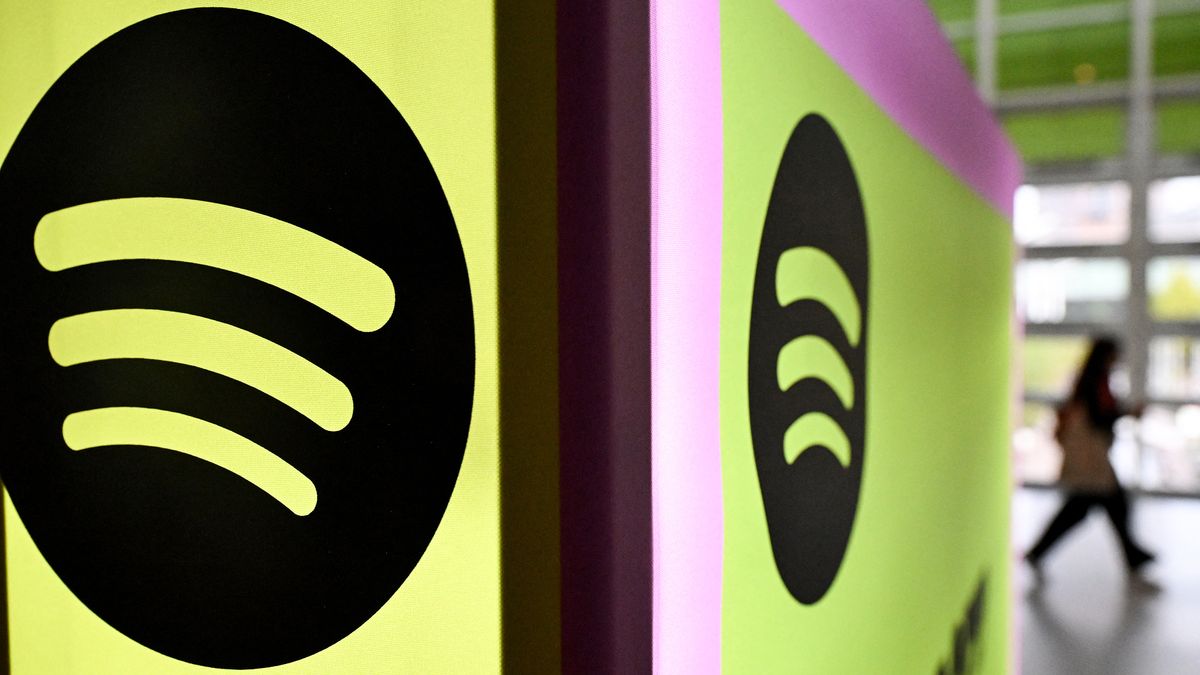Spotify insisting that its staff “aren’t children” and can be trusted to remain productive working from home is a breath of fresh air and precisely the messaging workers want to hear on the topic of remote work.
In response to a question regarding the streaming giant’s working policies, chief human resources officer Katarina Berg recently told Raconteur that “you can’t spend a lot of time hiring grown-ups and then treat them like children”.
Fundamentally, the company’s position here is that it doesn’t believe it should enforce in-office working policies but can sympathize with those who do. It’s not a one-size-fits-all solution, on that we can all agree. But it’s how companies go about enforcing these rules that’s become highly divisive in recent months and extremely frustrating.
A host of major tech firms, including Amazon and Dell Technologies, have sparked a war of words with staff over their push to return to pre-pandemic modes of work.
Amazon recently announced a formal return to a five-day working week, with CEO Andy Jassy churning out the same old tropes over why office attendance is so critical to both the company and its workforce.
Driving productivity and innovation, team synergy, and office culture – all of these are cited as key reasons why getting back into the office is critical. But they completely disregard the workers’ position on the matter.
Slugging your way through traffic or on public transport might help get those creative juices flowing a little more, but were they not flowing while we all worked completely remote during the early days of the pandemic? It appears executives have completely forgotten about the record-breaking profits many of them posted during this period.
Spotify itself noted that its remote work policy has had no tangible impact on efficiency. Meanwhile, a host of other companies including Microsoft – which let’s be honest has been soaring over the last year – also retain remote work policies on the condition that productivity doesn’t drop. And it shows no signs of dropping any time soon.
Like many others, Spotify still has office spaces dotted across the globe. The extent to which staff are expected to attend is limited though, with workers ‘encouraged’ to attend during a specifically designated ‘core week’ aimed at in-person collaboration and company strategy discussions.
This is a reasonable approach. Encouragement in this regard probably works far better than a mandated return with the risk of potential job losses or reduced career opportunities.
The responsibility here though is largely placed on the workers themselves. It’s a no-nonsense, adult approach to managing… well, adults.
Antiquated remote work views
Spotify’s comments around workers not being “children” feel rather ironic given that the main opponents to remote work have themselves acted like petulant kids in recent months, spitting the dummy out and throwing repeated tantrums online.
Chief among these was former Google CEO Eric Schmidt, whose views on remote work at his former employer prompted widespread criticism.
In an interview with students at Stanford University, Schmidt attributed Google’s supposedly poor performance in the generative AI race was due to its flexible working policies. Like many other critics, his position was that the lack of in-office attendance has had a negative impact on innovation at the tech giant.
Again, and without fawning over Microsoft, the fact the tech giant has maintained a steady lead in this domain over the last two years merely showcases the fallacy in this tired argument.
While he U-turned on his comments, what Schmidt’s claims clearly pointed to were the antiquated views held by many organizations and senior business leaders on the topic of remote work.
As I said at the time, the horse has well and truly bolted on pre-pandemic working practices. It’s now up to business leaders to decide whether they crack the whip and force staff back into the 9-5 grind and hope they don’t seek opportunities elsewhere that meet their standards.
Given the significant talent shortages many companies are facing at present, losing your best talent to a competitor that treats them like an adult and not a wayward, easily distracted child, could be disastrous.
Be like Spotify, not the others.
Source link
